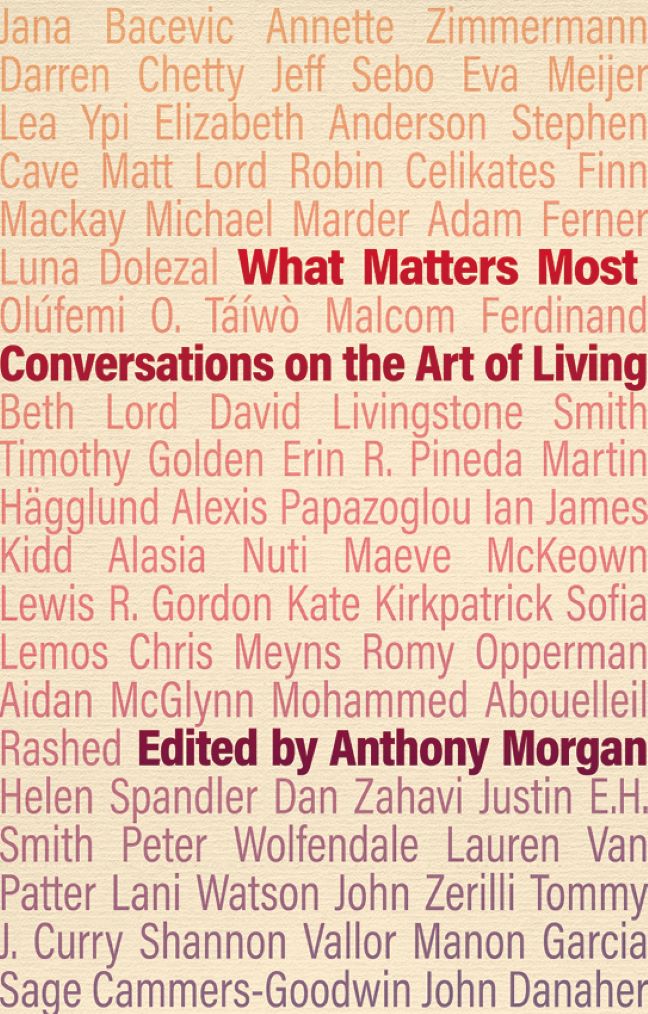7 - What is “we”?
Published online by Cambridge University Press: 23 January 2024
Summary
Towards the end of 2020, The Philosopher published an issue asking, “What is We?” As part of a series of events to celebrate the launch of this issue, Luna Dolezal interviewed Dan Zahavi about the main themes in Zahavi's essay for that issue, “We and I”. They explore the ways in which “I”, “You” and “We” interact; the nature of selfhood; the politics of group identity; and the work of thinkers like Jean-Paul Sartre and Martin Buber. For Zahavi, if we wish to understand what it means to share a belief, an intention, an emotional experience or, more generally, a perspective with others, we also need to look at how we come to understand and relate to others in the first place.
DAN ZAHAVI is Professor of Philosophy and Director of the Center for Subjectivity Research at the University of Copenhagen. He is an authority on the work of Edmund Husserl and has written on numerous topics, including selfhood, subjectivity and empathy.
LUNA DOLEZAL is Lecturer in Medical Humanities and Philosophy at the University of Exeter. Her research is primarily in the areas of applied phenomenology, philosophy of embodiment, philosophy of medicine and medical humanities.
Luna Dolezal (LD): One of the most fundamental philosophical concepts related to the idea of “we” is collective intentionality. Could you tell us what philosophers generally mean when they use this term?
Dan Zahavi (DZ): A simple way of thinking about intentionality is that it amounts to object-directedness. Examples of individual intentionality include: I perceive a tree; I remember a summer vacation; I love somebody; I feel ashamed about something. This individual intentionality can also extend to actions: I move a chair; I bake a cake. And, crucially, it can also come in a collective form: we make food together; we move furniture together; parents love their children or feel ashamed about how they have treated them. In everyday life, there are many instances of shared emotions, shared experiences and shared actions. This is what is typically meant by collective intentionality.
LD: One way of interpreting this is that through having a collective, intentional experience, we are thereby constituted as a “we”, as a group subject. I was wondering whether you think of the “we” of collective intentionality as having primacy over the “I” of individual intentionality?
- Type
- Chapter
- Information
- What Matters MostConversations on the Art of Living, pp. 61 - 70Publisher: Agenda PublishingPrint publication year: 2023

